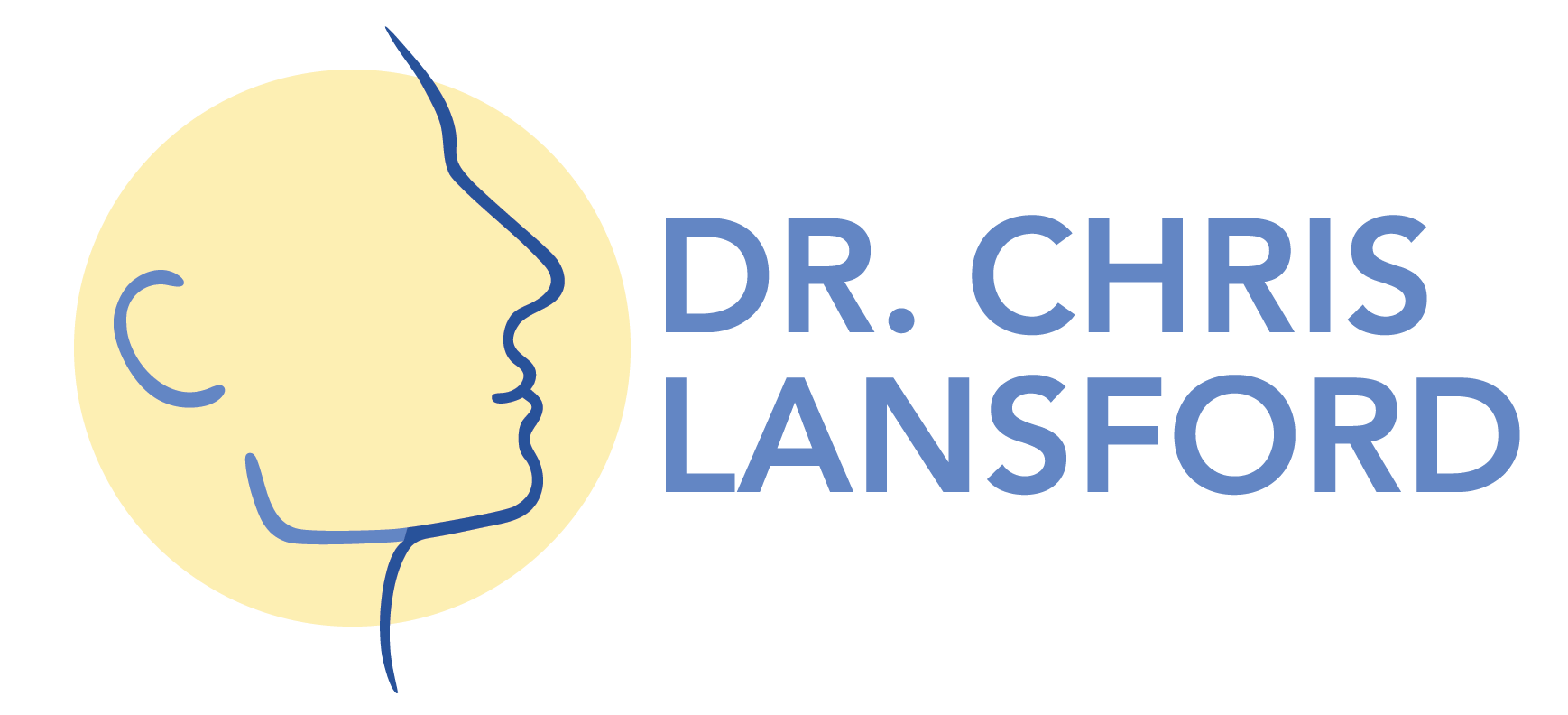Learning Center: DIZZINESS
Access information in greater detail.
Use the search tool or scroll down for your topic of interest.
the balance system
Maintaining balance requires coordination of input from multiple sensory systems including the vestibular, somatosensory, and visual systems.
Vestibular system: sense organs that regulate equilibrium (equilibrioception); directional information as it relates to head position (internal gravitational, linear, and angular acceleration)
Somatosensory system: senses of proprioception and kinesthesia of joints; information from skin and joints (pressure and vibratory senses); spatial position and movement relative to the support surface; movement and position of different body parts relative to each other
Visual system: Reference to verticality of body and head motion; spatial location relative to objects
These data are input and processed by a large part of the brain called the cerebellum.
The senses must detect changes of spatial orientation with respect to the base of support, regardless of whether the body moves or the base is altered. There are environmental factors that can affect balance such as light conditions, floor surface changes, alcohol, drugs, and ear infection.
non-ear causes of dizziness
As noted above, the somatosensory and visual systems provide information to our cerebellum, which acts as the balance computer. An impairment of one or more of these systems can lead to or worsen imbalance. Common non-ear contributors to imbalance include: peripheral neuropathy (e.g., from diabetes or chemotherapy), presence of an artificial hip or knee joint, drugs that affect brain function, transient low blood flow to the brain (such as in low blood pressure from standing up quickly, a condition known as orthostatic hypotension), and anything impairing vision.
ear (vestibular) causes of dizziness
The vestibular system (of the inner ear) accounts for several problems causing dizziness, including the following:
• BPPV
• Meniere’s disease
• Vestibular neuronitis
• Labyrinthitis
• Vestibulotoxic drugs
• Perilymph fistula
• Head trauma or surgery
• Syphilis
• Acoustic neuroma or other tumor of the vestibuloacoustic nerve
evaluation for dizziness
As noted above, there are many distinct causes for a sense of dizziness or imbalance, and evaluation starts with the presenting history. Based on this, ruling in or ruling out various causes of dizziness may require additional testing (e.g, audiogram, various balance tests, brain imaging, blood pressure or heart rate monitoring) and/or referral to a neurologist or cardiologist.
Here are some forms that you can fill out and bring with you to your doctor’s appointment to assist with diagnosis:
• How severe is the dizziness? (Dizziness Handicap Inventory)
• Make the most of your appointment for dizziness
What are the characteristics of the dizziness?
BENIGN PAROXYSMAL POSITIONAL VERTIGO
Benign Paroxysmal Positional Vertigo (BPPV) involves brief but intense periods of vertigo that are triggered by specific changes in head position. It occurs when tiny crystals in the otolith organs become dislodged and migrate to the semicircular canals.
Meniere’s disease
Meniere’s disease is a chronic condition that causes vertigo, tinnitus, fullness in the ear and fluctuating hearing loss that may eventually become permanent. Meniere’s is usually confined to one ear and though its cause is unknown it may be the result of abnormal fluid buildup in the inner ear.
Meniere’s disease is diagnosed by the presence of episodes of
tinnitus (noise or ringing perception in the ear),
vertigo (a spinning sensation), and
sensorineural hearing loss, which is shown on repeat hearing tests to improve.
The cause of Meniere’s disease remains uncertain. Treatment, while not curative, may lessen these attacks. Meniere’s disease usually affects only one ear and usually “burns out” over time, with permanent hearing loss as well as fewer episodes.
Additional resources I recommend:
• Frequently asked questions about Meniere’s disease, from ENTHealth.org.
• Plain language summary of Meniere’s disease from The Academy of Otolaryngology—Head and Neck Surgery. This is excellent.
• A more detailed description of Meniere’s disease by Vestibular Disorders Association.
• Ménière’s Resources Inc.: http://menieresresources.org
• Ménière’s Society: http://www.menieres.org.uk
• Ménière’s Research Fund, Inc.: https://menieresresearchaustralia.org
• Hearing Health Foundation: https://hearinghealthfoundation.org
The evaluation of a patient with dizziness. Kevin A. Kerber, MD and Robert W. Baloh, MD. Neurol Clin Pract. 2011 Dec; 1(1): 24–33.
The evaluation of a patient with dizziness. Kevin A. Kerber, MD and Robert W. Baloh, MD. Neurol Clin Pract. 2011 Dec; 1(1): 24–33.
Learning Center Main Index:
Throat:
swallowing, tonsils and adenoids, obstructive sleep apnea, voice
Aesthetics:
skin regimen, injectables {neuromodulators (e,g. Botox), hyaluronic acid fillers (e.g., Juvederm), and others},rhinoplasty, facelift, neck lift, and brow lift, blepharoplasty (eyelid surgery), skin resurfacing, scar treatment
Tumors (benign and malignant/cancerous):
general tumor information, thyroid, parathyroid, skin, neck, oropharynx, larynx (voice box), salivary gland, nose and sinus, oral cavity (mouth and lips), nasopharynx, hypopharynx, radiation therapy, chemotherapy and immunotherapy, gastric feeding tube
Nose and Sinus:
rhinoplasty (functional and cosmetic), sinusitis, breathing



